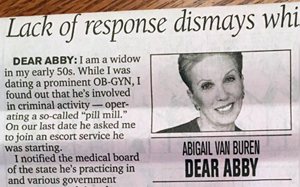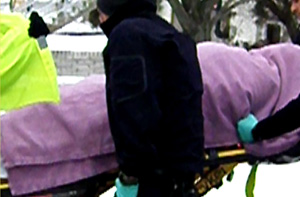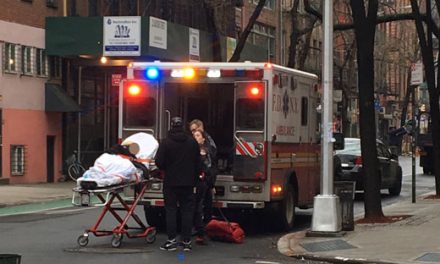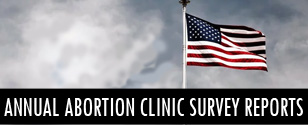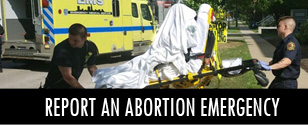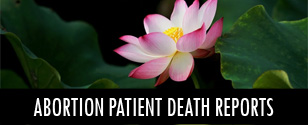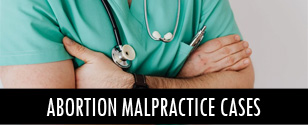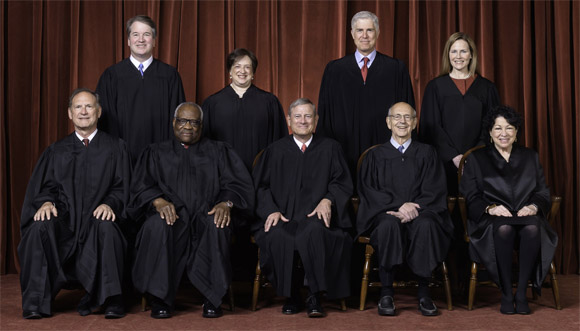
Back row, left to right: Associate Justice Brett M. Kavanaugh, Associate Justice Elena Kagan, Associate Justice Neil M. Gorsuch, and Associate Justice Amy Coney Barrett.
(Photo: Fred Schilling, Collection of the Supreme Court of the United States)
By Cheryl Sullenger
Washington, D.C. – Oral arguments were heard this morning the Dobbs v. Jackson Women’s Health Organization, which centers on the Mississippi law that prohibits abortion after 15 weeks gestation.
There was only one question that the Court was supposed to consider, and that was “Whether all pre-viability prohibitions on elective abortions are unconstitutional.” However, the nine Justices posed questions that expanded that question significantly.
“We will have to wait and see what happens when the decision comes out next year,” said Newman. “While the line of questions posed by the conservative members of the Court were encouraging, a lot can happen in the next few months to alter opinions. I do not believe this current administration will tolerate any decision in the case that favors the pro-life side, especially if it undermines Roe.”
Mississippi’s Solicitor General
Scott G. Stewart, Solicitor General for the State of Mississippi argued the case in defense of the 15-week abortion ban. He was grilled by Justice Stephen Breyer, who at times appeared to become agitated with Stewart’s defense of Mississippi’s law that protects innocent lives.
Stewart argued, in essence, that the 1973 Roe v. Wade case and the 1992 Planned Parenthood v. Casey case were wrongly decided because abortion is not mentioned in the U.S. Constitution and therefore, must be left up to the states to decide whether to allow it or not.
The Tenth Amendment of the U.S. Constitution clearly states, “The powers not delegated to the United States by the Constitution, nor prohibited by it to the States, are reserved to the States respectively, or to the people.”
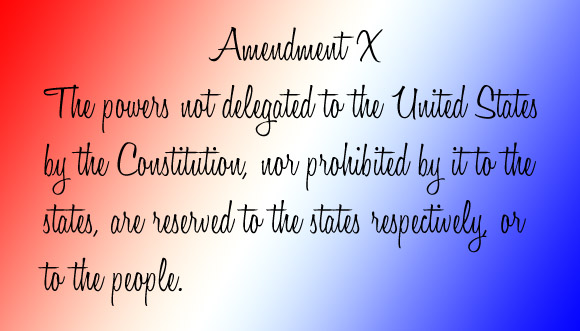
Justice Clarence Thomas took time to restate that argument, apparently for the benefit of those who may not be familiar with the Tenth Amendment, which delegated powers to the states.
Justice Sonya Sotomayor posed several questions to Stewart that appeared to be based primarily on pro-abortion talking points. Sotomayor referred to any ruling that reflected conservative political viewpoints as causing a “stench” that the court may not survive.
JWHO’s arguments
Julie Rikelman of the Center for Reproductive Rights argued on behalf of the Jackson Women’s Health Organization, the last remaining abortion facility in Mississippi, which is owned and operated by Diane Derzis.
[Read more about Derzis and documentation of her shoddy abortion practices.]
Rikelman made an unusual argument that abortion is based on the “liberty” clause in the Fourteenth Amendment, not the privacy clause. She argued that restricting abortion would violate the liberty rights of women to end their pregnancies.
She also wrongly argued that for poor women in Mississippi, abortion is preferable to childbirth due to the supposedly profound effects that motherhood has on women and the course of their lives.
There was no mention of the profound effects that abortion has on women and the course of their lives – if they even survive the process, which many do not.
“Abortion is not a safe procedure and we have documented hundreds of cases where women suffered serious, life-threatening injuries during abortion, some that have caused health issues that will be with them for the rest of their lives. And those are just a small fraction of the number of all the women injured by abortions,” said Troy Newman, President of Operation Rescue.
Current Administration weighs in
Elizabeth Prelogar argued on behalf of the Biden Administration. She is best known for her involvement with the Mueller Russian Collusion investigation, where she served as an assistant special counsel to former FBI director Robert Mueller. That investigation failed to find any evidence of wrongdoing on the part of President Donald Trump, but does reveal where Prelogar stands politically, and that is in lockstep with the pro-abortion Biden Administration, which has promised to protect and expand Roe. v. Wade.
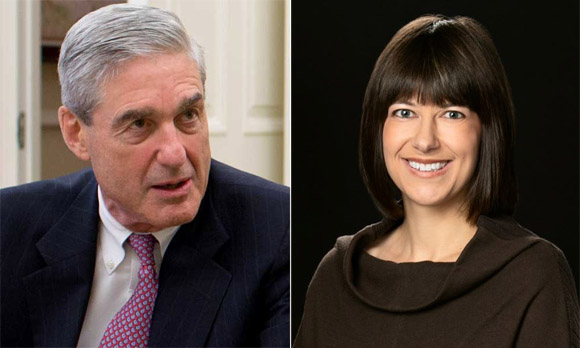
As expected, Prelogar argued that overturning Roe v. Wade would cause grave harm. She also stated that contraception fails 10 percent of the time to illustrate the “need” for abortions – a stunning admission considering the current administration’s benefactor, Planned Parenthood, claims that contraceptive use prevents abortions.
Democrats threaten
Sen. Chuck Schumer set a bad precedent when he threatened Trump-appointed Associate Justices Gorsuch and Kavanaugh over abortion last year during the June Medical Services v. Russo case.
“I want to tell you, Gorsuch and I want to tell you, Kavanaugh. You have released the whirlwind, and you will pay the price,” Schumer shouted. “You won’t know what hit you if you go forward with these awful decisions.”
In which Chuck Schumer threatens TWO sitting Associate Justices of the Supreme Court of the United States. pic.twitter.com/pA3mryeVK2
— Jorge Bonilla (@BonillaJL) March 4, 2020
Now, Democrats following in Schumer’s footsteps are threatening social unrest should the Supreme Court overturn Roe v. Wade.
According to the Epoch Times, Sen. Jeanne Shaheen (D-N.H.) stated her threats of a revolution at a press conference held just days before oral arguments were heard.
I hope the Supreme Court is listening to the people of the United States because … I think if you want to see a revolution go ahead, outlaw Roe v. Wade and see what the response is of the public, particularly young people.
In that same article, the Epoch Times further reported responses to those threatening comments:
“Shaheen’s unhinged comments threatening insurrection against the Supreme Court serves as a reminder that Schumer[‘s] threats to the Supreme Court over abortion should still be criminally investigated,” Tom Fitton, president of Judicial Watch, said in a statement.
Jonathan Turley, a law professor at George Washington University, said he sees “veiled threats” like Shaheen’s as “meant to influence how justices interpret the Constitution.”
“Will the Supreme Court allow threats of civil unrest to influence its opinion in the Dobbs case? That remains to be seen,” said Newman. “These are troubling times. I am praying for the best but planning for the worst.”


